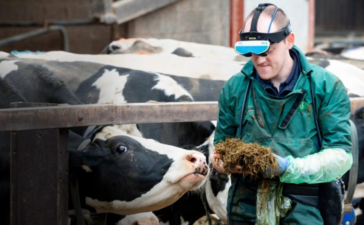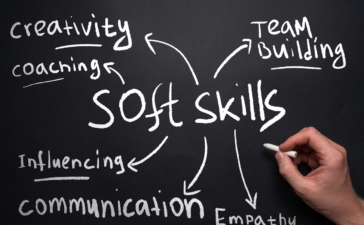Your resume is one of the first things that a prospective hiring manager sees about you. Thus, it basically serves as an introduction to your professional experience.
Your resume alone is powerful enough to give the first indication of whether you might be the right fit for the role or not.
So, while preparing your application, you will have to make numerous decisions about the ideal way to present your work history.
You need to think about the type of resume you will use, the sections you will include, and, based on how long you have been a part of the workforce – how many years of work history you should include on your resume.
Will it be a good idea to include that high school job of washing cars? Maybe, if you are looking for a customer service role. It wholly depends on the job role and how much relevant experience you possess.
As you proceed with your career, you will face a lot of confusion regarding the work experience you need to put in your resume.
Thus, to help you get rid of this confusion, we have written this blog. This blog will be your guiding light and show you exactly how far back your resume should reach.
So, let us get going!
Resume Writing 101: How Many Years Of Work Experience To Include?
Whatever you need to include in your application mostly depends on how many years of job experience you possess and the sort of role you are hunting for. It is extremely crucial to measure your experiences as per their relevance to the job. Eventually, you want each and every role listed on your application to help build your profile as the ideal candidate. At this point, there are two options for you. Either seek help from resume writing services or learn how many years of experience to include in your resume by reading below:
Recent Graduates Or Students (0-2 Years Of Experience)
When you are hunting for your first-ever entry-level position or an internship, you might want to include part-time jobs that you have held in your high school, especially if they are relevant to the position.
Perhaps, while washing cars, you also elevated sales by offering complementary services to your customers, or you helped the shop owner with their social media platforms. These are perfect examples of transferable skills if you are applying for a marketing job.
If you are in college and have been a part of any worthy extracurricular activities, they also prove to be a fair game for adding to your application. Think about listing any clubs or activities you initiated, any leadership roles you have had within clubs, or any volunteer experiences that display your dynamism. You should also add any job-related internships you have done in the past.
Early Or Mid-Career Professionals (2-15 Years Of Experience)
Now that you are enriched with a bit more experience, you will have much more flexibility in tailoring the tale of your career path. Every time you revise your resume for a new role, make sure it stays relevant to the certain industry or job you are applying for. It is less significant how far back your resume goes because the main attention should be on the quality of your contributions to the company. At this point in your career, your application must only reflect on the most relevant and recent work experiences after graduation. Bear in mind that you can always seek resume help Toronto.
Late-Career Professionals (More Than 15 Years Of Experience)
When you have approximately 10 to 15 years of work experience, you can start to neglect earlier experience. Rather, use all the space on your application to highlight professional organisations, continuing education classes, or any hobbies or special interest section. These elements will show an ambitious dedication to developing your workplace or technical skills.
With this amount of work experience, it will be acceptable for you to have a two-page resume. However, you should still focus on the most recent 10 to 15 years of experience. It will assist the recruiters in quickly scanning your application and keeping it focused on your biggest achievements.
Moreover, you can also opt to incorporate a section in your resume, known as “Early Work History”, that revolves around early career highlights, such as experiences or awards that remain impressive and relevant.
How many previous years should you add to your resume?
The common advice is to keep your work experience in your resume for around 10 to 15 years. By doing so, you will give your recruiter a general outline of your beginning, your professional growth, and where you stand right now.
How long should my resume be and what should I include on the resume?
The typical length of your resume is about one to two pages. However, the particular length that is perfect for you will be based on the sort of job you are applying for and your experience level. For these, professionals and recent graduates having less than 10 years of experience – a one-page resume is ideally perfect for them.
Is it okay to include the entire work history on the resume?
No, there is absolutely no need to include each and every job that you have ever held in the past on your resume. It is much wiser to only include relevant work experience.
Does a 2-year gap look bad on a resume?
Gap years do not usually impact your job hunt in a negative manner, no matter why you took the time off. However, it is still a good idea to utilise your gap years to build your network, upgrade your skills, start a business, or anything else.
Summing It All Up!
When all is said and done, you need to ask yourself one thing – “Is this experience worthy enough to secure me an interview?” By following the guidelines we mentioned above regarding how many years of work history you should include on your application, you will end up with a resume that will expertly tell your prospective recruiter about what makes you the right candidate for the job. Once you have captured the eyes of the hiring managers, you can expound on everything else during an interview. Regardless you choose to eliminate your past work experiences or not, you now have a clearer understanding of what to keep and what not to keep in your application. So, choose whatever works best for you.





